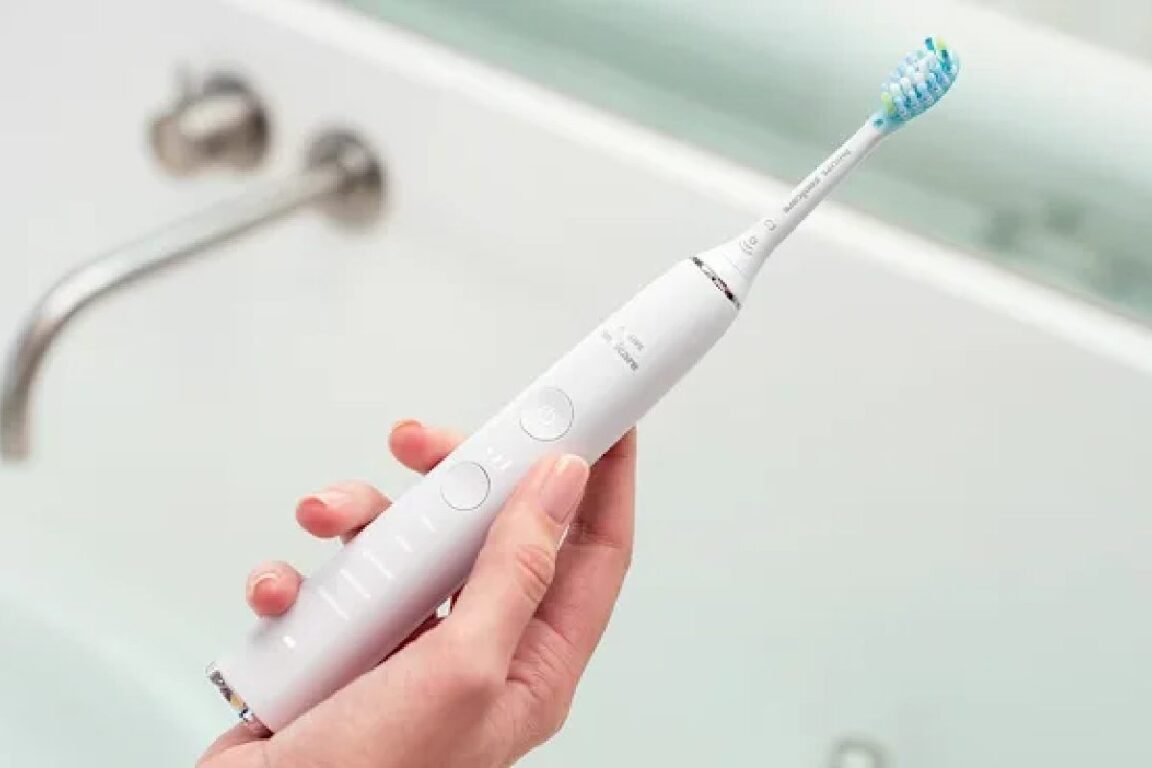There was a time when you could choose only the color of your toothbrush. However, the oral care aisle today is buzzing with electric brushes. They are touted to clean smarter, improve gum health, and reduce cavities. No wonder so many people are switching to these electric toothbrushes.
But what is really behind this change? Do the rechargeable toothbrushes truly alter the manner in which we look after our teeth, or are they simply another technological fad? The hype is difficult to overlook. But behind the marketing and flashy design, there is a certain degree of actual science worthy of discussion.
The reason behind the trend
Rechargeable toothbrushes boost the convenience and longevity of a manual toothbrush. Research indicates that an electric toothbrush is more effective in removing plaque and improving gum-health indicators than manual brushing.
Rechargeable models are of a higher quality and are designed to be reused. Hence, they upgrade your daily oral routine. Practically, rechargeable handles can be used over a period of years, as only the brushing heads require replacement. It translates to reduced waste and purchases in contrast to fully disposable products.
Their popularity is also influenced by the convenience factor. Some have timers and ergonomic handles, hence the feeling that the brush does all the work.
What does this mean for your teeth and gums?
Using an electric toothbrush can improve oral health. For example:
An 11-year study found that individuals using electric toothbrushes experienced slower gum-problem metrics and lost fewer teeth than those using manual brushes.
Several analysis demonstrate that electric brushes have the ability to decrease plaque compared to manual ones. This is approximately 11% in 1-3 months and 21% in the course of prolonged use.
Rechargeable models can also have added features such as pressure sensors, a built-in timer, or a quadrant alarm, which will allow you to brush better and not harder.
In case your brushing method is not perfect (and we all know that we miss corners sometimes), a rechargeable electronic toothbrush has some built-in correction assistance.
There are some trade-offs
With that said, a rechargeable toothbrush is not the answer to bad brushing habits or not visiting a dentist. It takes you two minutes to brush your teeth, scrub all the surfaces, change heads, and floss when necessary. The tool assists, but the habit counts.
Trade-offs also exist:
- They are more expensive initially compared to a simple manual brush.
- They also need to be charged. This means that you need to plan for this if you travel a lot.
- You will still need to change brush heads.
The experience of vibration might also be strange or too rough for some users.
Should you make the switch?
In case you are interested: yes, it is worth going for a rechargeable toothbrush. Especially if:
- You have a problem with getting rid of the plaque or maintaining the health of your gums.
- You either hate brushing your teeth by hand or you are a sluggard.
- You want to eliminate junk waste (brush handles, disposed batteries, etc.).
- You prefer things such as timers or pressure warnings that can enhance technique.
The bottom line
The hype surrounding rechargeable toothbrushes is based on the actual advantages, as they clean better, have built-in habit support, last longer, and are even sustainable.

